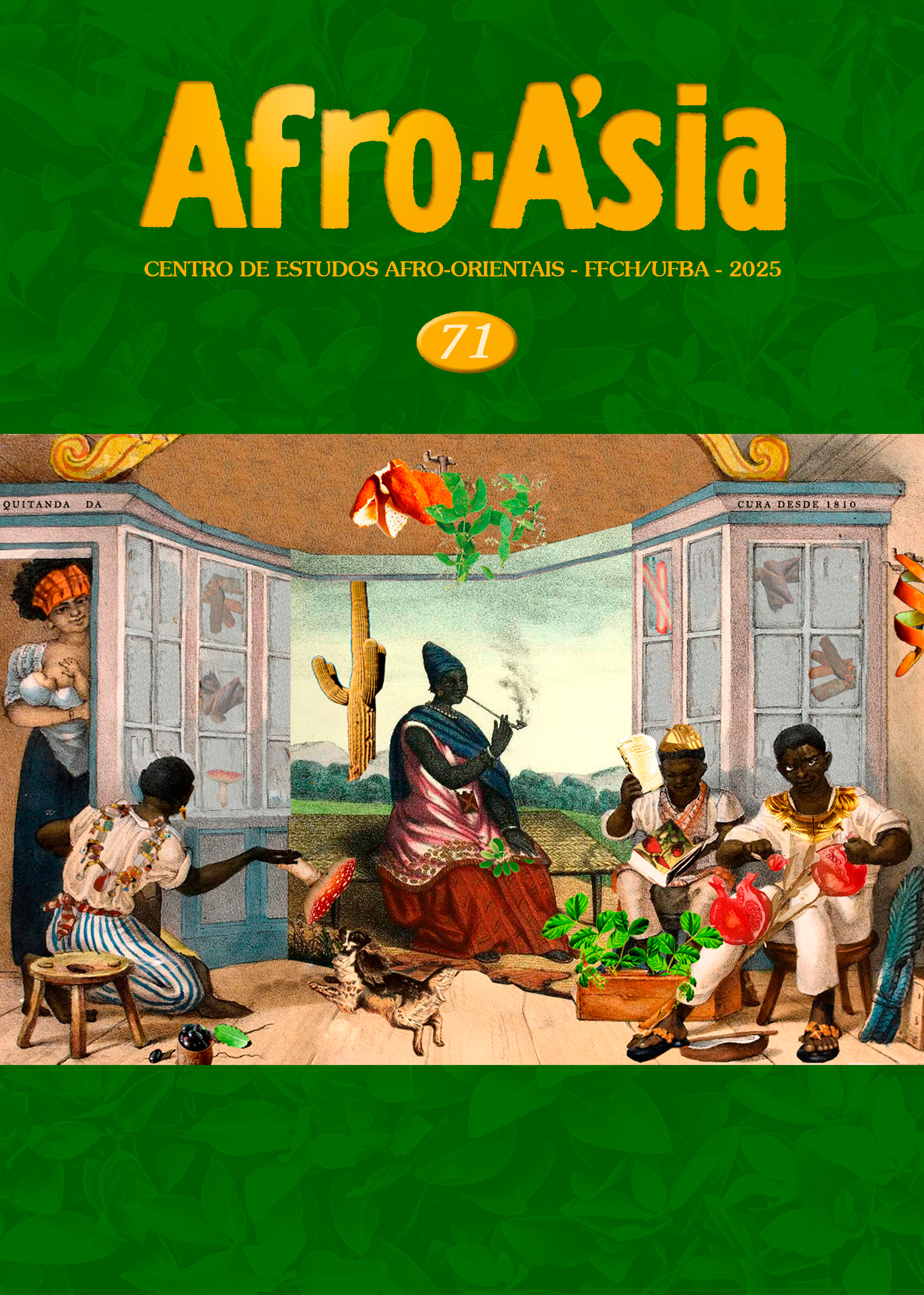Leisure in Luanda, 1836–1878
DOI:
https://doi.org/10.9771/aa.v0i71.60732Keywords:
Leisure, Police, Angola, LuandaAbstract
During the nineteenth century, travelers described Luanda, the Portuguese colonial capital of Angola, as a place where nothing fun happened. In 1841, Gustav Tams noted that “there [were] no places of public amusement”. Later, Joachim John Monteiro remarked that “there are no places of public amusement except the theatre”. However, sources paint a different picture. This paper explores leisure in Luanda, focusing on how elites, slaves, libertos, free blacks, and degredados spent their free time. It demonstrates that elites used leisure to reinforce their status. Meanwhile, leisure for slaves, libertos, free blacks, and some degredados was a contested space, marked by frequent clashes with the police.
Downloads
Downloads
Published
How to Cite
Issue
Section
License
Copyright (c) 2025 Tracy Lopes

This work is licensed under a Creative Commons Attribution 4.0 International License.
You are entitled to freely share, adapt and use the work herein published for any legitimate purpose as long as authorship and the original source are acknowledged.




